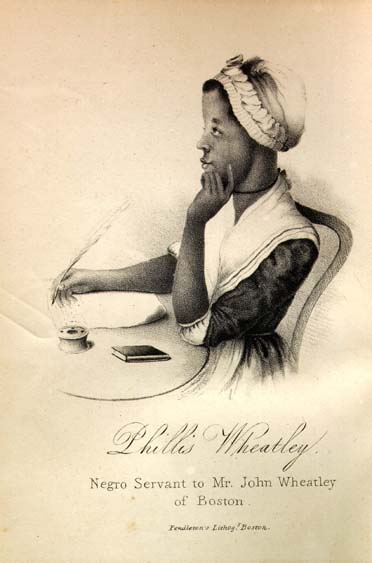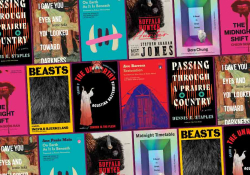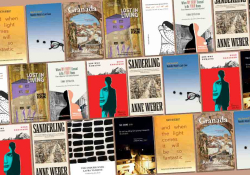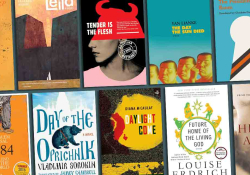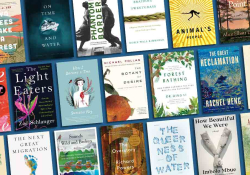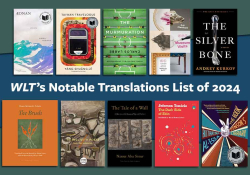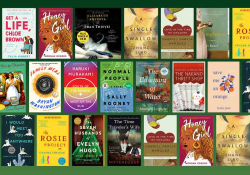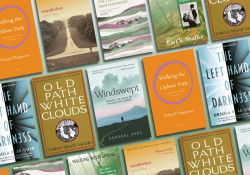Four Female Poets You Should Know
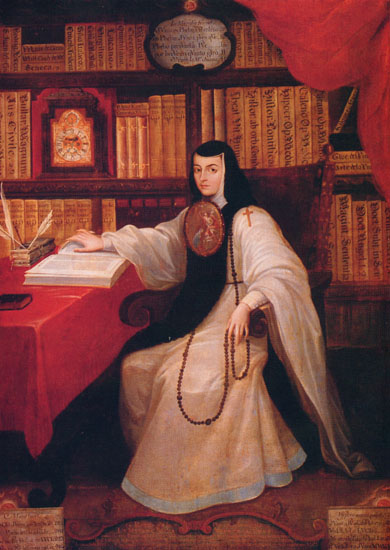
Sor Juana Inés de la Cruz (1651–95) was born in San Miguel Nepantla, Tepetlixpa, Mexico. At a young age, she often read the books in her grandfather’s study at the hacienda chapel, despite the fact that reading was forbidden to females. She joined the order of San Jerónimo in 1669, where she spent the rest of her life, dedicating herself to the pursuit of knowledge, though she seems to have stopped writing rather than subject herself to censorship after about 1693. She is considered the first published feminist in the New World, advocating for women’s right to education in her letter “Respuesta a Sor Filotea.”
Gabriela Mistral (1889–1957) was born with the name Lucila Godoy Alcayaga in Chile. At a young age, she started working as a schoolteacher, teaching both elementary and secondary school. Mistral began her career as a poet after the suicide of a railway worker she was in a relationship with. In 1945 she became the first female Latin American poet to win the Nobel Prize and played a major role in the education systems in Mexico and Chile.
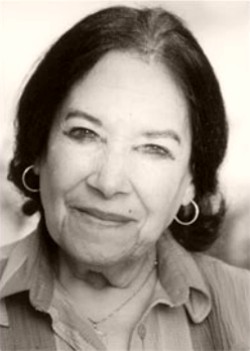
Fadwa Tuqan (1917–2003) was born and educated in Palestine, but she was forced to end her schooling at age thirteen due to an illness. Her brother, Ibrahim Tuqan, already a known poet of Palestine, educated her and introduced her to poetry, and she later studied English Language and Literature at Oxford University. In the eight poetry collections published during her lifetime, she discussed issues such as the hardships of women and living under Israeli occupation. Tuqan is known as one of the greatest contemporary Arabic poets and received the International Poetry Award in Palermo, Italy, in addition to the Jerusalem Award for Culture and Arts from the PLO in 1990.
Phillis Wheatley (1753–84), originally born in Senegambia, was brought to Boston when she was about eight years old on a slave ship. She was purchased by John Wheatley to be a servant for his wife; both of the Wheatleys educated her in Greek, Latin, English, history, and theology. She composed her first poem when she was twelve and wrote a book of poems in 1773, around the same time that she was emancipated. She is the first African-American woman to publish a book of poems—and considered the first to make a living from her writing.


